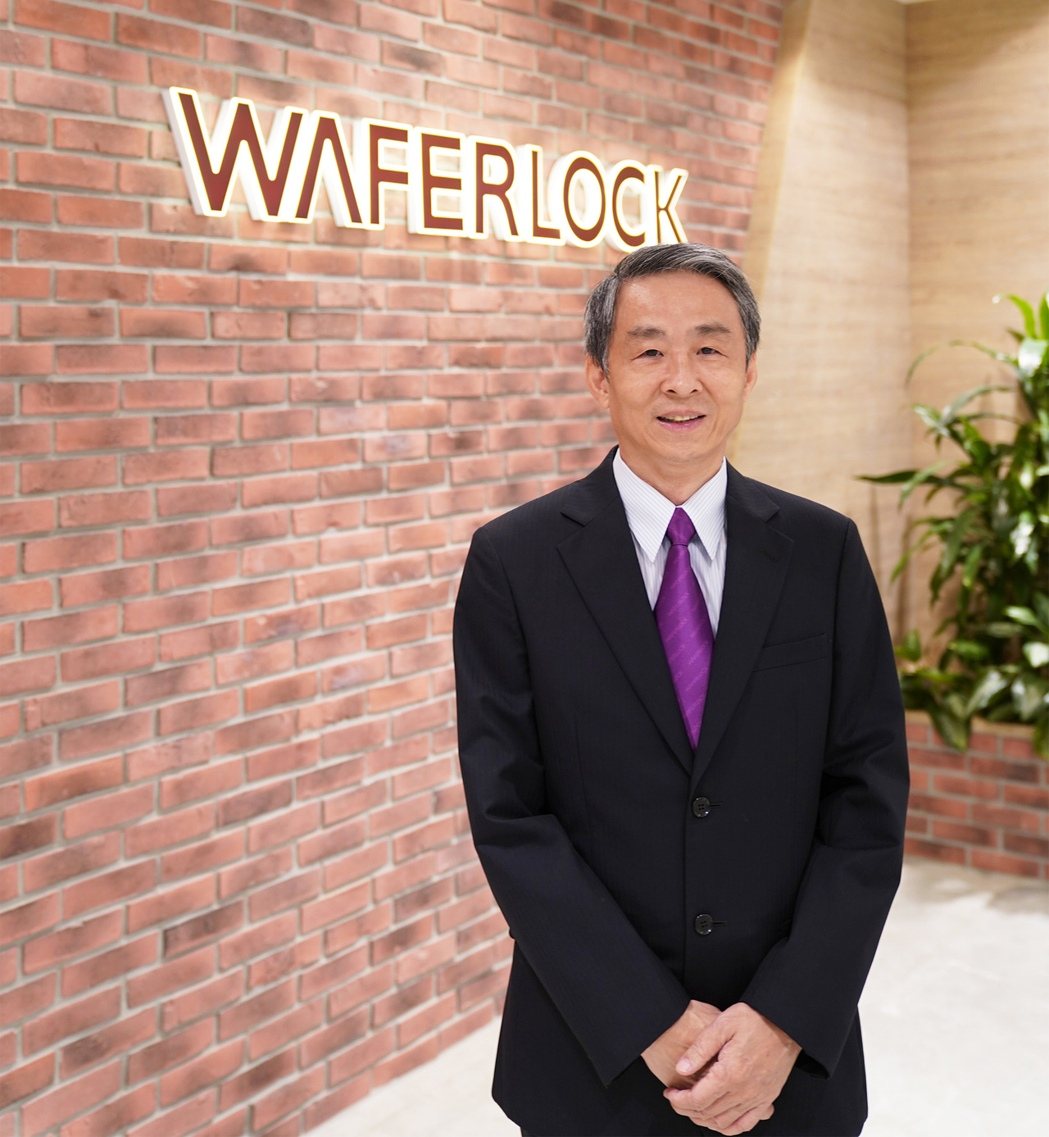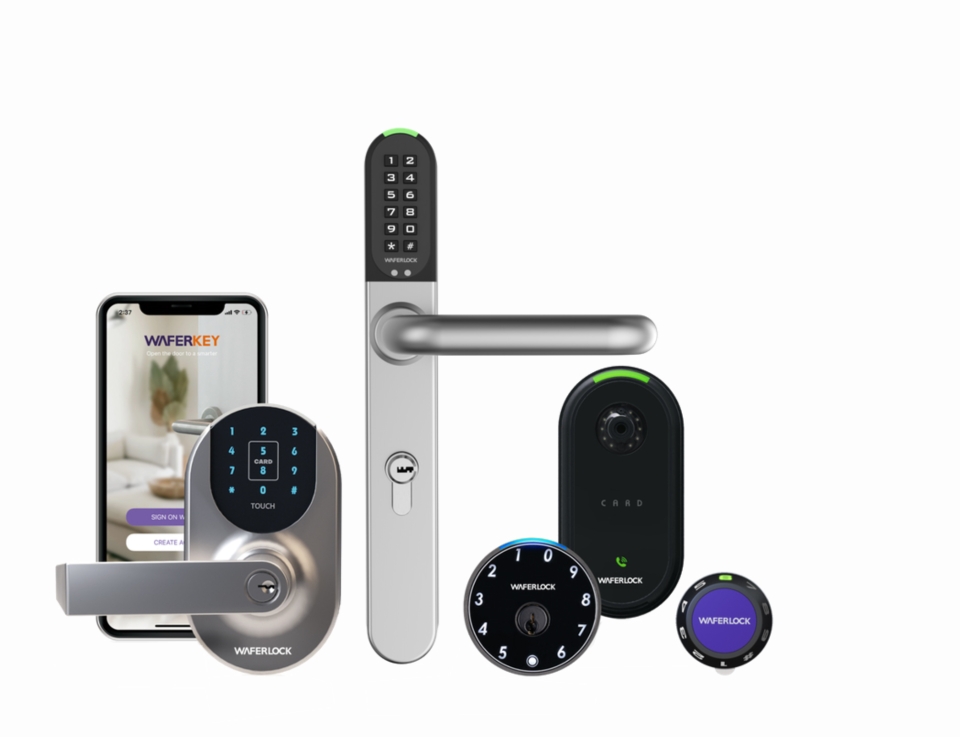Dual Engines of Smart Transformation and Brand Innovation: Chairman Lien Chih-min of the Taiwan Locks and Hardware Development Association Leads the Industry into a New Era of Upgrading
2025/10/17 | By CENS
Facing the restructuring of global supply chains and rapid shifts in the manufacturing landscape, the Taiwan Locks and Hardware Development Association (TLHDA), under the leadership of Chairman Lien Chih-min, is guiding the industry toward a new era defined by smart manufacturing, brand development, and sustainability.
Lien noted that despite global economic challenges—including the U.S.-China trade war, tariff fluctuations, and the rise of Southeast Asian manufacturing—Taiwan retains irreplaceable advantages through its well-established manufacturing base, quality reputation, and strong R&D capabilities.
“Taiwan's lock industry has long excelled in precision and reliability. Now, we must lead the future through innovation and branding,” Lien emphasized. In recent years, the association has actively encouraged members to shift from OEM manufacturing toward ODM and OBM brand development, helping companies expand into international markets.
Using his own brand WAFERLOCK as an example, Lien shared two key principles of brand building: continuous investment in R&D innovation and patented technologies, and long-term cultivation of talent and sustainable competitiveness. “Brands aren’t built overnight, but only through continuous innovation can Taiwanese brands gain global recognition,” he remarked.
The rise of AIoT (Artificial Intelligence of Things) has accelerated the transformation of Taiwan’s lock industry. Lien noted that the electronic lock market continues to expand rapidly, especially in Europe, where sales have increased despite slowing real estate demand after the Russia–Ukraine conflict. Leveraging precision manufacturing and high customization capabilities, Taiwanese manufacturers now enjoy strong competitiveness across Europe, the Middle East, Japan, and the United States.
The association actively promotes the adoption of AIoT and automation technologies among members and fosters cross-industry collaboration with the information and communications sector to develop modular smart door locks, transforming “traditional hardware” into “smart security solutions.”

Regarding future applications of electronic locks, Lien pointed out that the global residential market is shifting toward mobile app–based cloud control, while commercial applications cover airports, schools, hospitals, and shared spaces, integrating with SaaS cloud platforms for remote access configuration, smart alerts, and energy management. Taiwanese companies mastering firmware, mechanical design, cloud systems, and app development will hold a comprehensive edge in the international market.
In the face of fierce brand competition, the association also helps members expand exports and enhance international exposure by organizing delegations to global exhibitions in Europe, the Middle East, and Japan. These initiatives support buyer matchmaking, international certification, and visits to Taiwan’s benchmark factories—improving both manufacturing efficiency and brand management capability.
Lien emphasized that comprehensive upgrading—from product technology to marketing mindset—is essential for Taiwan’s lock industry to move beyond low-price competition and develop a value-driven brand economy.
Addressing the labor shortage challenge, Lien remarked, “To attract younger generations, we must position the lock industry as a technology industry.” He pointed out that smart locks—integrating AI, sensors, and cloud technology—are inherently high-tech products. The association encourages members to improve workplace environments, raise salaries, and strengthen talent cultivation systems, transforming the industry from traditional craftsmanship into a tech-driven and design-oriented field.
Under the global ESG and net-zero transition, Lien highlighted WAFERLOCK’s smart green headquarters in Taichung Science Park as a model of sustainable practice. The building integrates cloud-based automation systems for HVAC, lighting, and security, and utilizes recycled materials and energy recovery technologies to achieve high energy efficiency. WAFERLOCK has also implemented its own electronic locks, smart lockers, and delivery robots into daily operations—creating a smart demonstration space that embodies both innovation and sustainability.
“Digital transformation and net-zero transition are irreversible dual challenges for all future industries,” Lien stated. From AIoT smart locks to brand globalization, and from green manufacturing to carbon neutrality, Taiwan’s lock industry is not merely transforming—it is reinventing itself. Through the association’s leadership and integration efforts, this traditional sector is entering a new technological era for Taiwan’s hardware and lock industry.

